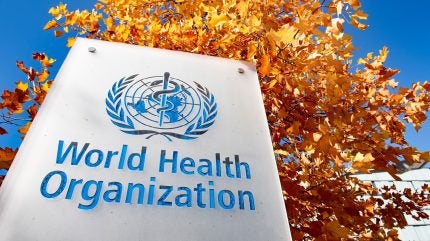
The World Health Organization (WHO) has drafted guidelines advocating for easy-to-read nutritional information on the front of packaged food and drink products, Reuters reported.
This initiative is part of a broader effort by the body to combat the global obesity crisis by aiding consumers in making healthier choices.
Despite evidence showing labels can affect buying behaviour, just 43 of the 194 WHO member states have any kind of front-of-package labelling, either mandatory or voluntary.
The draft, which was conceived in 2019, aims to support informed food-related decisions.
Governments are being encouraged by WHO to implement ‘interpretive’ labels that provide not only nutritional information but also guidance on the health implications of the product contents.
An example cited is NutriScore, used in several European countries, which ranks food from A (green) for essential nutrients, to E (red) for high levels of added sugars, salts, fats, or calories.
Chile and some other South American countries have adopted more stringent warning labels.
The University of Chapel Hill’s Global Food Research Program co-director Lindsey Smith Taillie commented on the industry’s resistance to warning labels and preference for ‘non-interpretive’ labels.
Taillie highlighted that warning labels effectively limit excessive intake of added sugars, sodium, saturated fat, and ultra-processed foods.
WHO has stated that there is insufficient evidence to determine the best label system.
Meanwhile, the International Food and Beverage Alliance noted that its members, including The Coca Cola Company and Mondelez International, adhere to minimum worldwide standards, which include nutrient listing on package backs and front-of-pack energy content details where practicable.
A public consultation on these WHO guidelines closed on 11 October, with the final version expected in early 2025.
Meanwhile, US senator Bernie Sanders has announced Senate hearing plans on tougher labelling for food packages in the country in December this year.



